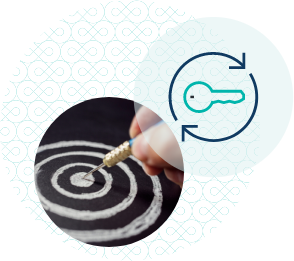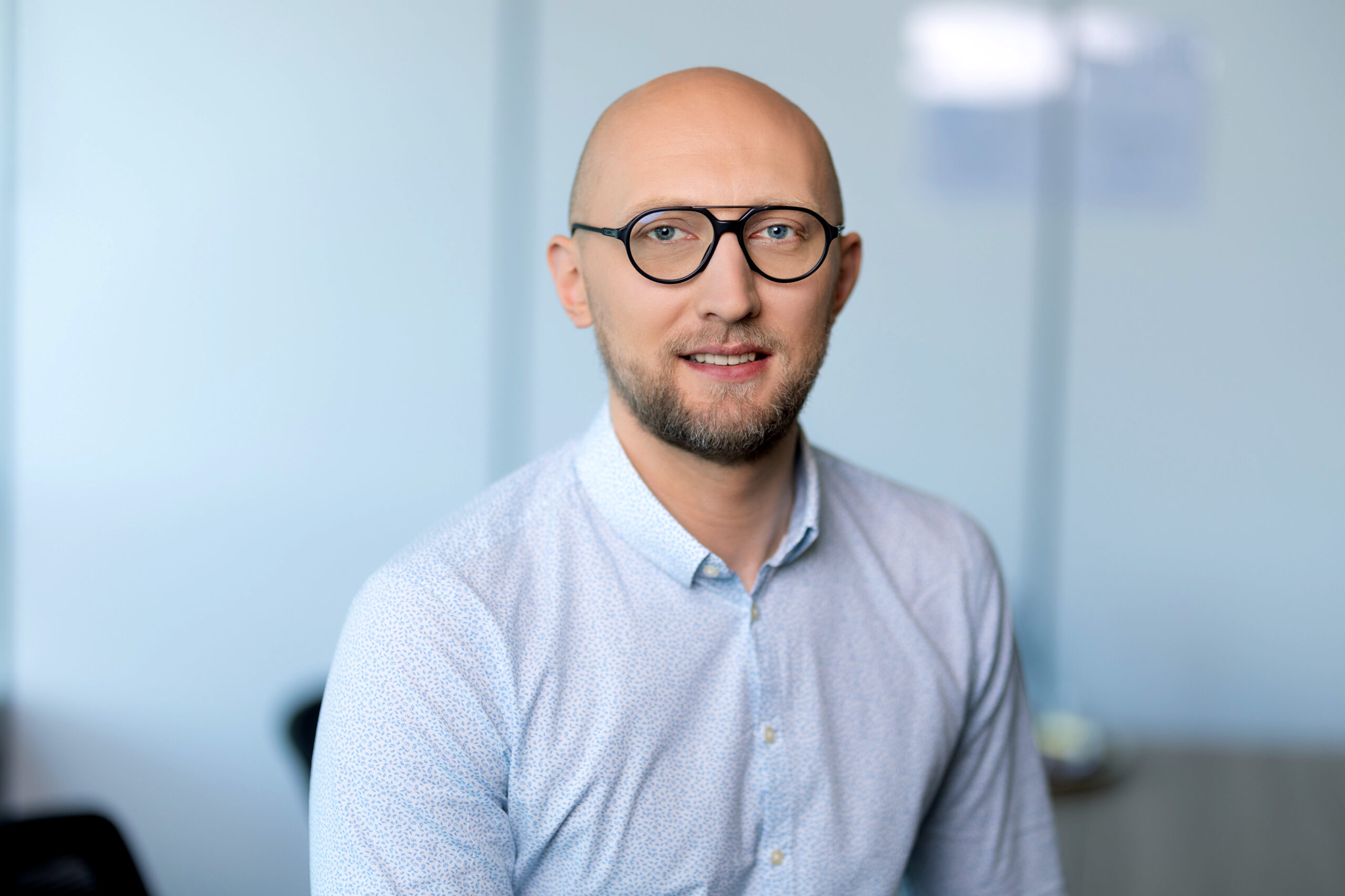How should sensitive patient data be safeguarded?
According to Neringa Maceiniene, the project manager of the Foxus information system and a representative of the information technology company SoftDent, technological innovations have been introduced, and smart authentication tools have become established in health care institutions.
“Since the start of the pandemic, we’ve seen an increase in the number of private-sector clinics digitizing and switching to information systems that integrate secure electronic authentication solutions like Smart-ID and Mobile-ID. These tools enable the authentication of patients using technologies that meet the highest security standards and the proper protection of personal data. This is especially important for medical facilities where ensuring that sensitive data is only accessible to identified patients is a top priority,” says N. Maceiniene.
Viktoras Kamarevcevas, Country Manager in Lithuania for SK ID Solutions, a company that provides Smart-ID and Mobile-ID services, says that digitized solutions not only make the registration process easier but also safer: “Phone registration with doctors is not the most efficient method. Not only because you must wait for the receptionist to serve you. In some cases, the patient’s authentication is incorrect, the last name is entered incorrectly, and so on. Then more issues may arise, such as the disclosure of other residents’ personal data and sensitive information.”
According to him, it is critical for medical institutions working with particularly sensitive patient personal data to take appropriate precautions.
“Smart authentication tools that meet the highest security requirements and ensure data accuracy should be at the top of every healthcare facility’s priority list, whether consulting remotely or allowing a patient to log into their electronic account,” emphasizes V. Kamarevcevas.
Today, more than 400 Lithuanian medical institutions use Foxus information system, which allows them to collect, systematize, and analyze medical data. Half of them allow their patients to register for remote consultation with a health care specialist.


